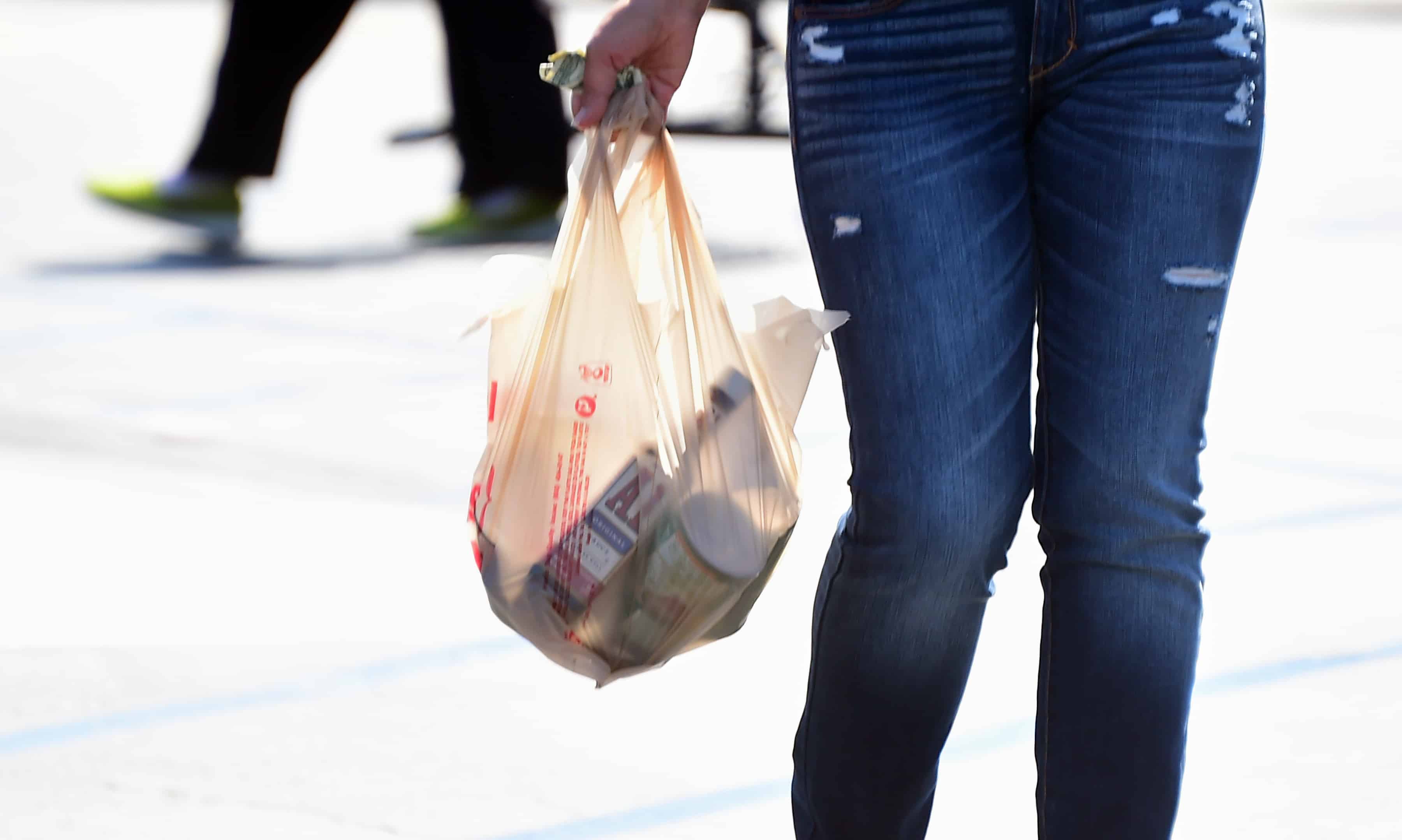Abu Dhabi, UAE— Abu Dhabi has succeeded in curbing the use of plastic bags by around 95 percent since the banning of the single-use bags in June 2022.
The Environment Agency – Abu Dhabi (EAD) claims it has prevented over 172 million bags from entering the environment.
In 2020, EAD introduced the comprehensive single-use plastic policy with the aim of reducing the reliance on single-use plastic items and promoting sustainability and recycling in Abu Dhabi.
Prominent retail outlets such as Carrefour, Lulu Hypermarket, Abu Dhabi Co-operative Society, Spar, Choithrams, Spinneys, Waitrose, and others, including ADNOC outlets, joined the initiative.
These retailers have witnessed a significant reduction of 90 to 95 percent in the consumption of plastic bags.
Now, for every 100 bags that were previously used at the cash counters, only five reusable bags are being taken by consumers.
Dr. Shaikha Salem Al Dhaheri, Secretary-General of the EAD, said, “In Abu Dhabi we have seen an unprecedented reduction in single-use plastic bags since the implementation on the ban just one year ago. To date we can safely say that we have prevented 172 million single-use plastic bags from entering and harming the environment.”
Praising the retail outlets, he said: “We could not have done this without the unconditional support of the retailers who acted quickly in implementing the ban. They have recorded remarkable figures reaching more than 95 percent reduction in the number of plastic bags at the cash counters of some of the major retailers. This reduction in the number of bags and the increase in demand for reusable bags resulted in an overall reduction of the weight of plastic consumed by 77 percent. To put this into context, this is the equivalent to a reduction of more than 1,000 tonnes of plastic bags that were eliminated in just one year.”
Spelling out the benefits of the initiative, he remarked: “By reducing the amount of single-use plastic bags from negatively affecting the environment we are able to protect our terrestrial and marine biodiversity so that the future generations have a healthy environment sustaining them going forward”. The carbon footprint of the quantity of plastic eliminated is equivalent to 272,000 tonnes of CO2 equivalent which translates into saving emission from 629,000 barrels during the past year.”
A significant initiative that greatly contributed to the success of the single-use plastic bag ban was the launch of the public-facing outreach campaign, Mission to Zero.
This ambitious campaign aimed to achieve the visionary goal of zero consumption of single-use plastics, zero waste, zero carbon emissions, and zero impact on biodiversity.
Mission to Zero employed various offline and online activations to engage and inspire the Abu Dhabi community, including government organizations, the private sector, businesses, retailers, restaurants, and youth.
Dynamic visuals and captivating slogans were displayed on bridges, buses, and lamp posts across Abu Dhabi through outdoor advertising, reaching an audience of five million people. Additionally, the social media campaign garnered an impressive five million views.
The campaign also incorporated an SMS campaign to raise awareness among the Abu Dhabi community about the detrimental effects of single-use plastic and promote a culture of recycling.
The SMS messages were targeted towards supermarkets, baqalas, catering companies, and the general public, utilizing multiple languages such as Arabic, English, Hindi, and Urdu. Each target group received a series of seven messages, resulting in a total of 655,000 SMS messages sent by the end of the campaign.
To further spread awareness, students made 1,600 visits to baqalas, actively educating others about the harmful impact of single-use plastic bags. Additionally, 24 workshops were organized, attracting 4,142 individuals who participated in discussions and learning sessions.
In June 2022, the EAD released a specialized guide titled “Becoming Free of Single-Use Products: A Guide for Abu Dhabi Government.”
Currently, 14 government entities have successfully eliminated single-use products, and more entities are expected to join this initiative. These government entities motivated their employees to reduce the consumption of single-use items such as bags, cups and lids, cutlery, plates, stirrers, and bottles in their events and operations.
Looking ahead, the EAD has planned future initiatives, including the introduction of a Bottle Return Scheme and a ban on Styrofoam products in 2024. These initiatives reflect the ongoing commitment of the EAD to drive sustainable practices and create a greener future for Abu Dhabi.








